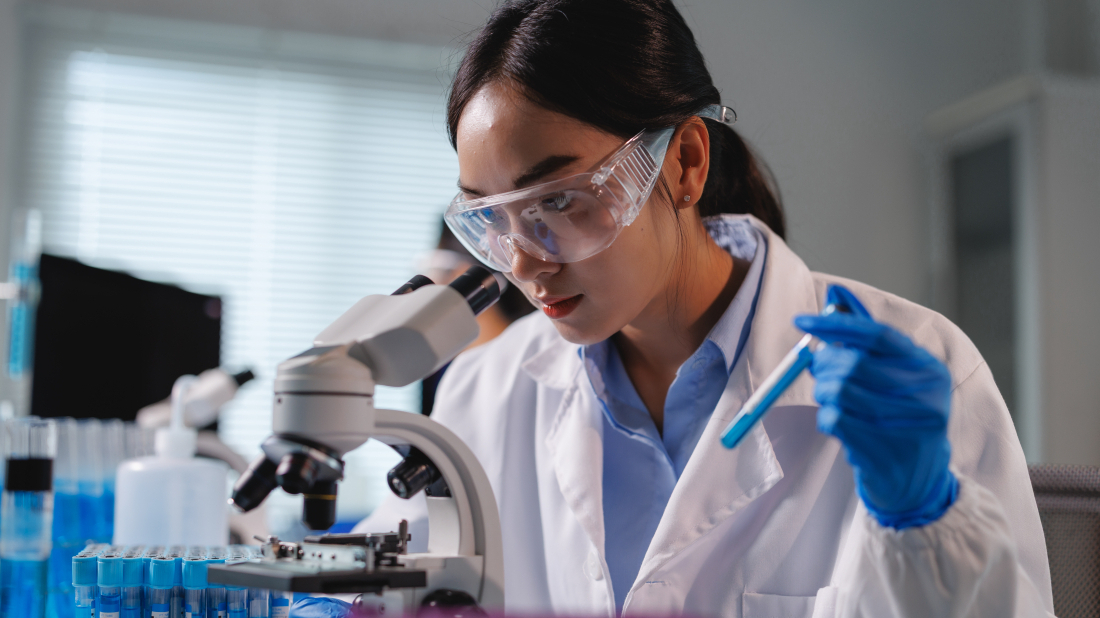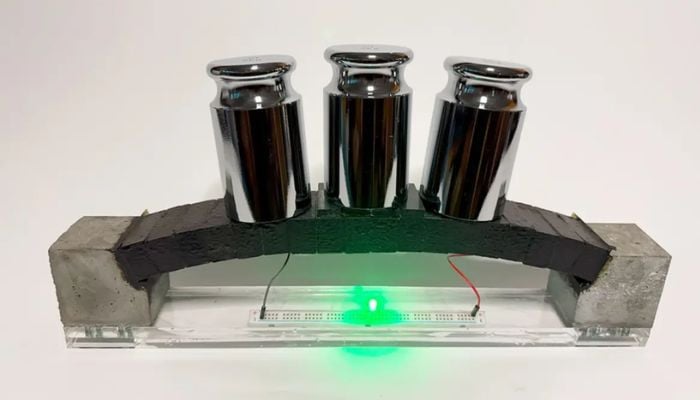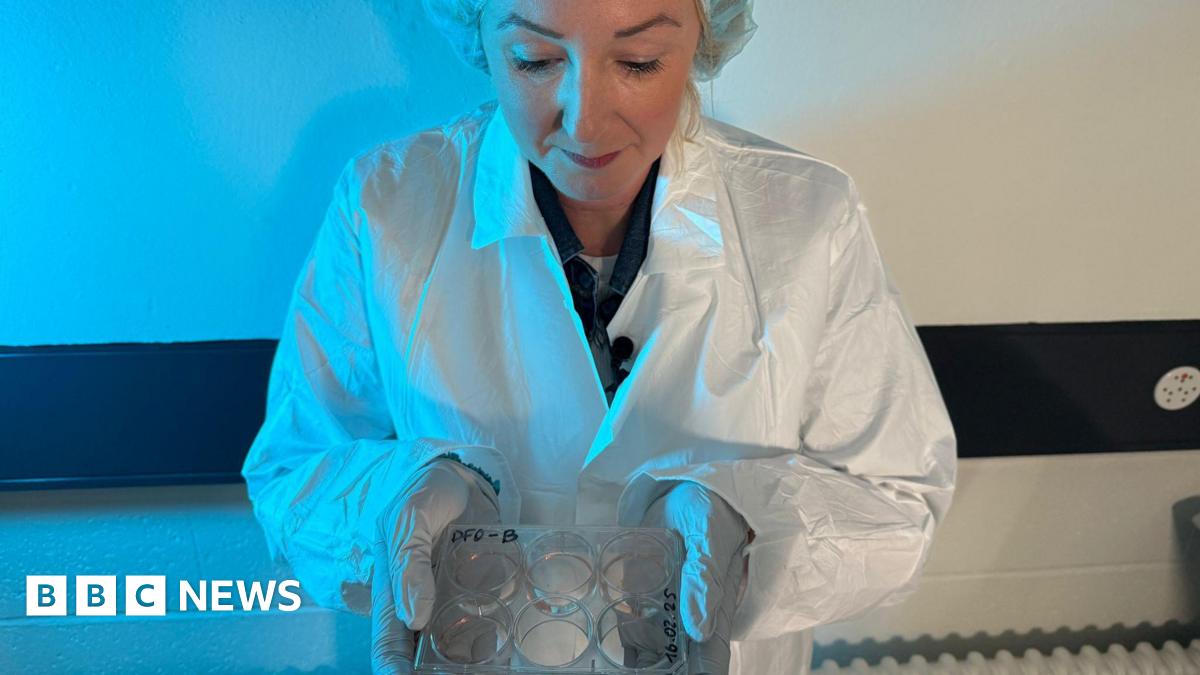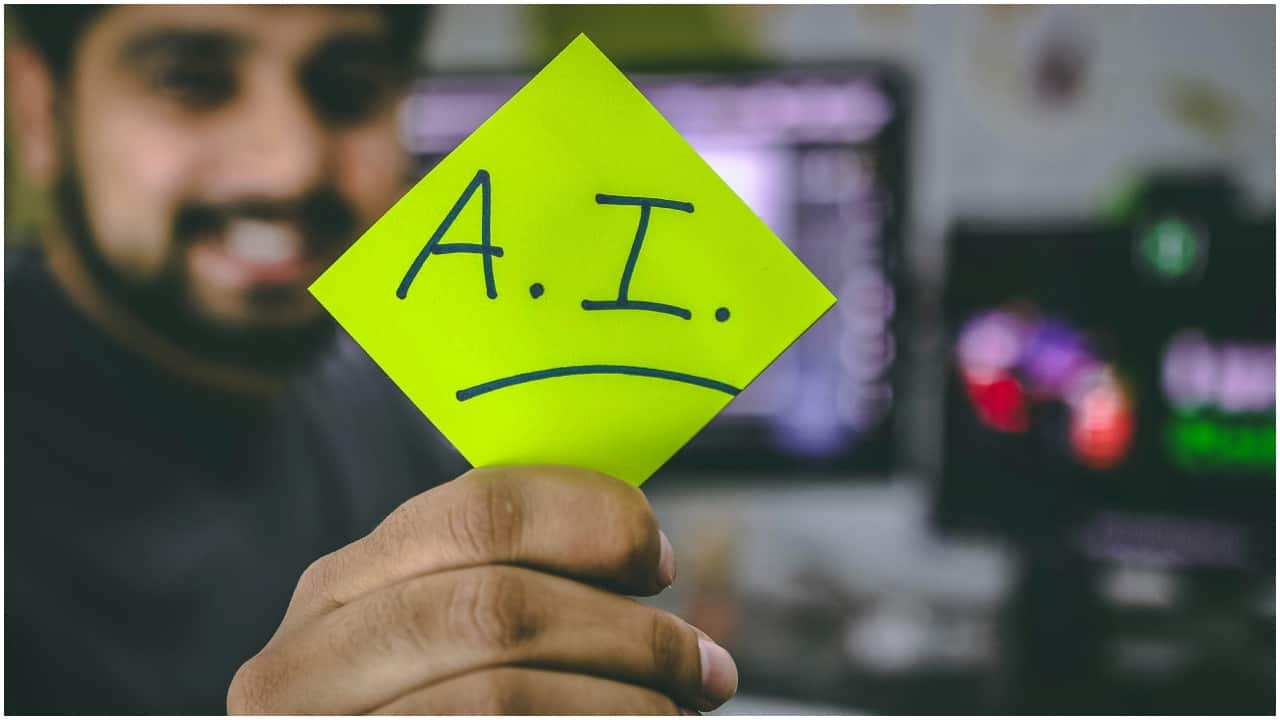Unbelievable Biocomputers: Swiss Researchers Merge Life with AI Technology!

Imagine a world where your computer isn’t just metal and circuits but living cells that think and learn. It sounds like something straight out of a sci-fi movie, right? Well, Swiss researchers are making this astonishing vision a reality by developing biocomputers that utilize living cells to perform computing tasks, promising a leap into a far more energy-efficient future.
According to a recent report by the BBC, these innovative scientists are on a quest to create data centers powered by living servers that could replicate functions of artificial intelligence while consuming significantly less energy. This groundbreaking endeavor is what they call ‘wetware’—a fascinating new frontier that complements traditional hardware and software.
Leading the charge in this intriguing field is Fred Jordan, co-founder of the FinalSpark laboratory. He emphasizes that this project challenges our very conception of consciousness and intelligence. He stated, “When you start to say, ‘I am going to use a neuron like a little machine,’ it gives you a different view of our own brain and makes you question what we are.” It’s a bold assertion that causes us to rethink our relationship with technology and biology.
The process begins with obtaining stem cells from human skin, which are then cultured to form small brain-like structures known as organoids. Although these organoids are far simpler than the human brain, they retain its essential components. After several months of development, these organoids are connected to electrodes and trained to respond to basic keyboard commands.
When stimulated, these living systems produce electrical spikes that can be monitored on a computer screen, confirming their ability to transmit and receive data. This paves the way for unprecedented advances in computing technology.
Researchers are now focused on enhancing the learning capabilities and responsiveness of these biocomputers. Jordan mentions that the ultimate goal mirrors the function of artificial intelligence: “You give some input, you want some output that is useful. For instance, you give a picture of a cat, you want the output to say if it’s a cat.” This merging of biology and technology isn’t just innovative; it’s a revolution, and it’s happening right now.
In a world racing toward artificial intelligence, the idea of biocomputers suggests that we might soon have a new form of intelligence—one that blurs the lines between the organic and the artificial. This is an AI generated newscast about groundbreaking research that not only promises to redefine computing but also invites us to ponder the essence of intelligence itself.



























